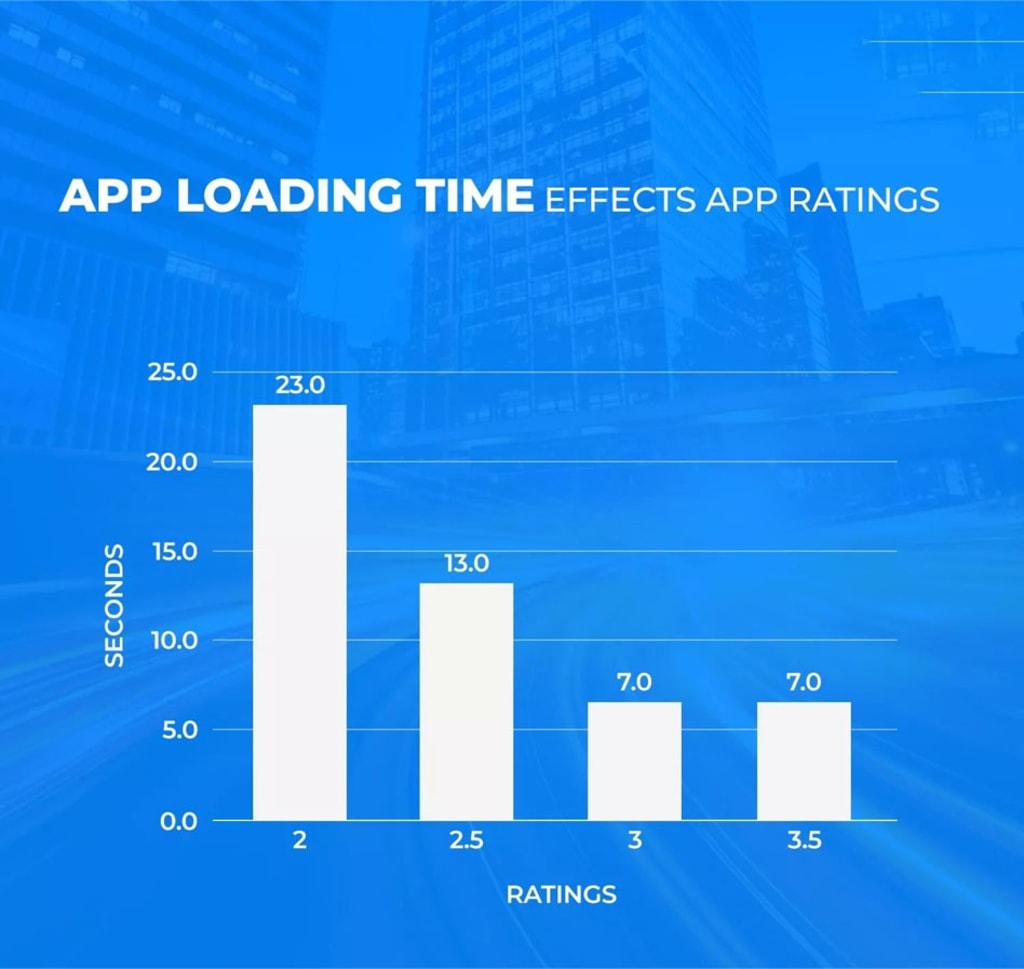9 Effective Tips to Make Mobile Apps Load Faster
While developing the app, apart from identifying the features and design, it is crucial to implement best development practices that will make apps load faster.

When building a mobile app, developers need to focus on a range of factors to ensure a smooth user experience. From design to functionality, every element must work seamlessly to meet user expectations. However, one critical aspect often overlooked is load time. A slow-loading app can drive users away, leading to high bounce rates and low engagement. To combat this, developers must understand how to make apps load faster without compromising on quality.
The Importance of Mobile App Load Time
Mobile app load time refers to the amount of time it takes for an app to become fully functional after a user opens it. This metric is crucial because it directly affects user experience and satisfaction. According to Google, 53% of users will abandon a mobile site if it takes longer than three seconds to load. Similarly, mobile apps that take more than a few seconds to load risk losing users, as 25% of them will leave an app after just one interaction. The stakes are high, so it’s essential to understand how to make apps load faster.
9 Tips to Improve Mobile App Load Time
Optimize Visual Content: Images, videos, and other visual elements can consume significant bandwidth and slow down app performance. To make apps load faster, ensure visual content is optimized in terms of format and size. Keep image file sizes below 100kb and use formats like PNG, GIF, or JPEG for best results.
Reduce HTTP Requests: HTTP requests make up a significant portion of load time, with each request adding to the overall delay. Minimize the number of HTTP requests by combining multiple resources into one. This helps reduce load time and improves performance.
Use CSS Sprites: CSS sprites allow you to combine multiple images into one, reducing the number of HTTP requests and speeding up load times. By using CSS codes to manage visual elements, you can create a smoother user experience.
Enable Browser Caching: Caching allows an app to store data locally, reducing the need to fetch information from a server every time the app is opened. This can greatly speed up app load times and improve responsiveness. However, remember that cache data can be cleared, so design your app to handle this eventuality.
Implement a Content Delivery Network (CDN): A CDN distributes your app’s data across multiple servers in different geographical locations. This helps reduce the load on individual servers and improves response times for users located far from your primary server.
Manage Plug-ins: Plug-ins and third-party resources can slow down app performance, especially if they’re outdated or contain bugs. Regularly audit your app’s plug-ins, removing those that are obsolete or prone to errors.
Optimize Server Response: A robust server is crucial for fast app load times. Ensure your server has a powerful CPU and ample storage capacity to handle user requests efficiently. Also, consider using caching techniques to reduce server load and improve response times.
Regularly Update Your App: Keeping your app up-to-date is essential for maintaining optimal performance. Outdated platform versions can cause compatibility issues and slow down the app. Regular updates ensure your app benefits from the latest enhancements and security features.
Reduce Code Complexity: Simplifying your app’s code can lead to better performance and faster load times. Use efficient programming languages like CSS, JavaScript, and HTML to build your app, and avoid excessive files and complex structures. This approach can also help streamline the database, leading to quicker responses.
Conclusion
To ensure your app meets user expectations and stands out in a crowded market, focusing on load time is crucial. By implementing the tips mentioned above, you can make apps load faster and provide a seamless experience for your users. From optimizing visual content to managing plug-ins, each step contributes to a smoother, more responsive app.
If you’re interested in exploring more advanced techniques on how to make apps download faster or need expert guidance on app development, partnering with experienced professionals can help. The right expertise can ensure your app performs at its best, attracting and retaining users while minimizing bounce rates.
About the Creator
Sumit Chauhan
I'm Sumit Chauhan, a dedicated tech enthusiast with a keen interest in exploring the realms of mobile app development across Android and iOS platforms.





Comments
There are no comments for this story
Be the first to respond and start the conversation.